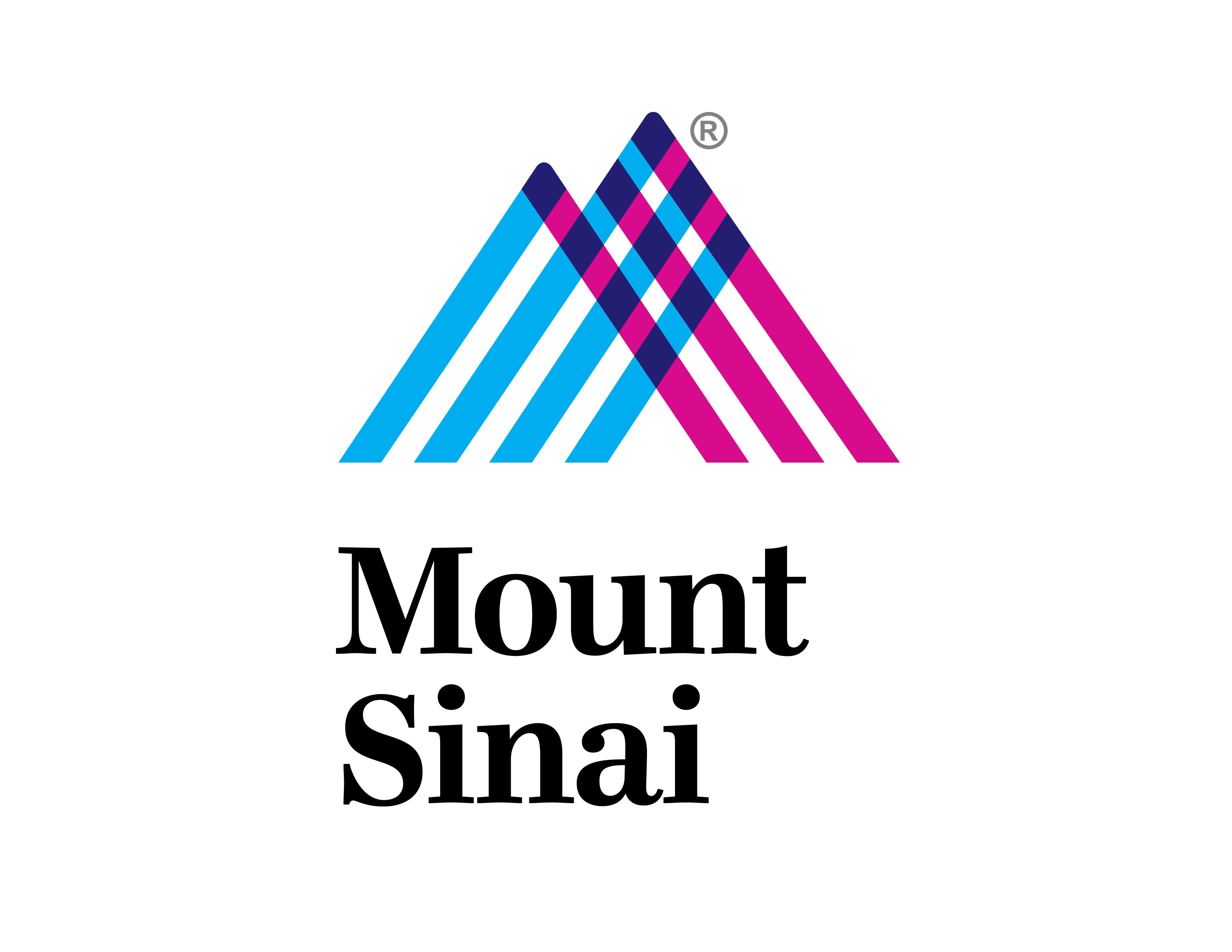
OR WAIT null SECS
LUCENT-3: Mirikizumab (Omvoh) Shows Sustained Benefit in Ulcerative Colitis Through 4 Years
LUCENT-3 open-label extension study data establish mirikizumab-mrkz (Omvoh) as the first and only IL-23p19 to show sustained long-term outcomes in UC through 4 years.
Eli Lilly and Company has announced data from the phase 3 LUCENT-3 open-label extension study establishing mirikizumab-mrkz (Omvoh) as the first and only interleukin-23p19 (IL-23p19) to help patients with moderately to severely active ulcerative colitis (UC) achieve sustained, long-term outcomes through 4 years.1
According to an October 7, 2025, press release from the Company, the results were seen across multiple symptomatic, clinical, endoscopic, histologic and quality-of-life measures, including among patients who had previously failed a biologic or advanced therapy (27%). The data represent the final results from the LUCENT-3 phase 3 open-label extension study and were presented at United European Gastroenterology (UEG) Week in Berlin.1
"Helping people with ulcerative colitis achieve long-term comprehensive disease control is a major goal for gastroenterologists, as it has remained out of reach for many patients," Bruce Sands, MD, MS, Dr. Burrill B. Crohn Professor of Medicine and Chief of the Dr. Henry D. Janowitz Division of Gastroenterology at Icahn School of Medicine at Mount Sinai, said in a statement.1 "These long-term findings reinforce mirikizumab as a highly effective biologic for UC management, showing sustained clinical, endoscopic and steroid-free remission over four years, and improvement in bowel urgency, which can present a significant burden on patients' lives."
In January 2025, the interleukin-23p19 antagonist earned FDA approval for the treatment of adults with moderately to severely active Crohn's disease (CD), expanding upon its previous indication for UC in 2023. Mirikizumab’s approval for CD was based on positive results from the phase 3 VIVID-1 study in adults with moderately to severely active CD who had an inadequate response, loss of response, or intolerance to corticosteroids, immunomodulators, and/or biologics.1,2
Mirikizumab’s use in UC was studied in 2 phase 3 randomized, double-blind and placebo controlled clinical trials that evaluated the efficacy and safety of mirikizumab in adults with moderately to severely active UC and included patients who had never tried a biologic and harder-to-treat patients who had previously taken a biologic that failed. LUCENT-3, the single-arm long-term phase 3 open-label extension of LUCENT-1 and LUCENT-2, evaluated the efficacy and safety of mirikizumab in patients with UC for an additional 3 years of treatment, up to 4 years total.1
As described in the release from Eli Lilly and Company, in LUCENT-3, the following results were observed after 4 years of total treatment among those who achieved clinical remission with mirikizumab at 1 year in the phase 3 LUCENT-2 study:
- 78% achieved corticosteroid-free clinical remission
- 78% sustained long-term clinical remission
- 81% sustained endoscopic remission, defined as an endoscopic subscore of 0 or 1 (excluding friability)
- 90% achieved remission on the Inflammatory Bowel Disease Questionnaire
- 66% achieved histological-endoscopic mucosal improvement, an important marker of deep inflammation resolution
- 93% achieved a 3 or more-point reduction on the Urgency Numeric Rating Scale (UNRS), and 74% achieved UNRS = 0 or 1
Investigators noted the long-term safety profile in patients with moderately to severely active UC was consistent with the known safety profile of mirikizumab, with no new safety signals observed. Of patients who completed 1 year of blinded mirikizumab maintenance therapy in LUCENT-2 and continued on to LUCENT-3, 12% reported a serious adverse event, while 7% discontinued treatment due to an adverse event.1
"With these results, [mirikizumab] continues to set a high standard as the first and only IL-23p19 with evidence of sustained efficacy and consistent safety in ulcerative colitis over four years," Mark Genovese, MD, senior vice president of Lilly Immunology development, said in a statement.1
As described by Eli Lilly and Company, the Company is advancing combination studies of mirikizumab aimed at delivering breakthrough induction efficacy while maintaining long-term remission and safety, including studies with eltrekibart, a monoclonal antibody that targets neutrophil-driven inflammation, and with LY4268989 (MORF-057), an oral α4β7 integrin inhibitor. Lilly is also exploring the potential of incretins in immunology and has initiated the COMMIT-UC and COMMIT-CD trials evaluating the concomitant use of mirikizumab with an incretin-based therapy.1
References
Eli Lilly and Company. Lilly's Omvoh (mirikizumab-mrkz) is the first and only IL-23p19 antagonist to show four years of sustained, corticosteroid-free comprehensive patient outcomes in ulcerative colitis. October 7, 2025. Accessed October 7, 2025. https://investor.lilly.com/news-releases/news-release-details/lillys-omvoh-mirikizumab-mrkz-first-and-only-il-23p19-antagonist
Brooks A. FDA Approves Mirikizumab (Omvoh) for Crohn’s Disease. HCPLive. January 15, 2025. Accessed October 7, 2025. https://www.hcplive.com/view/fda-approves-mirikizumab-omvoh-for-crohn-disease



